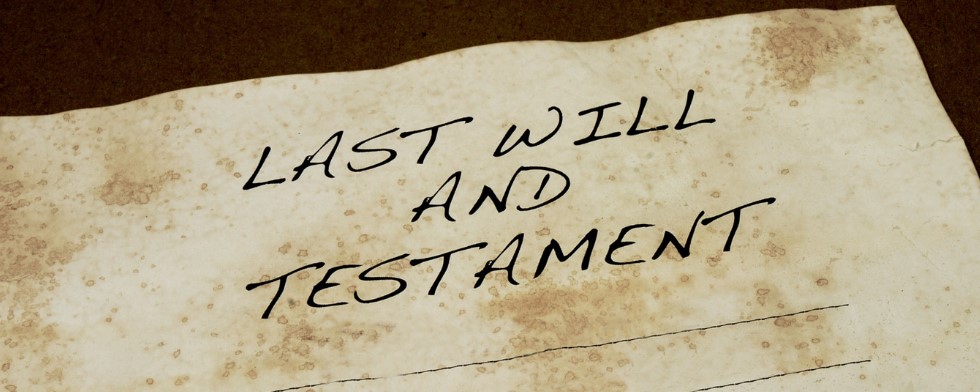If you are creating a will or trust with multiple beneficiaries in California, you may have learned about California’s no-contest clause, which prohibits a beneficiary of your will from receiving a gift if they challenge the will in court. Many people believe adding a no-contest clause to their will or trust will prevent disputes between their named beneficiaries. However, before making the decision to add a no-contest clause to your will or trust it is important to understand the nuances and ramifications of California’s no-contest clause.
What Does a No-Contest Clause Do?
According to California Probate Code section 21310(c), a no-contest clause is “a provision in an otherwise valid instrument that, if enforced, would penalize a beneficiary for filing a pleading in any court.” Including this provision in your will or trust penalizes a beneficiary if they contest or challenge the terms of said will or trust in court. The penalty typically revokes the gift the beneficiary would have otherwise received from the trustor.
For example, if a beneficiary stands to receive a quarter of the assets left in a will or trust upon the death of their family member a no-contest clause seems to be a strong deterrent against suing to gain a larger share of the assets in the will or trust. However, it is important to remember that simply including a no-contest clause in your will or trust does not prevent a beneficiary from suing.
How is a No-Contest Clause Enforced?
No-contest clauses are enforced by revoking or minimizing the gift a beneficiary would have received from a will or trust had they not challenged it in court. However, as noted above, this does not mean that they cannot sue. In California, a beneficiary who believes they have probable cause to contest a will or trust may not be penalized for taking such an action, and in fact, may be rewarded with a larger share of the will or trust’s assets.
According to California Probate Code, “probable cause exists if, at the time of filing a contest, the facts known to the contestant would cause a reasonable person to believe that there is a reasonable likelihood that the requested relief will be granted after an opportunity for further investigation or discovery.”
No-contest clauses are only enforced after the contestant loses at trial. If the contestant wins, the trust or will, along with the no-contest clause, may be deemed invalid, and as such will not be enforced.
Consult an Estate Planning Attorney
Whether you are considering adding a no-contest clause to your will or trust or would like to contest a will that contains a no-contest clause, The Law Offices of Daniel Leahy is prepared to advocate for you. Mr. Leahy is an experienced Northern California attorney who handles matters of trusts and estate law. Serving Alameda County and the surrounding area, the Law Offices of Daniel Leahy in Oakland are prepared to handle your legal questions after a loved one has passed. Call (510) 985-4151 or contact us online to set up a free consultation.

